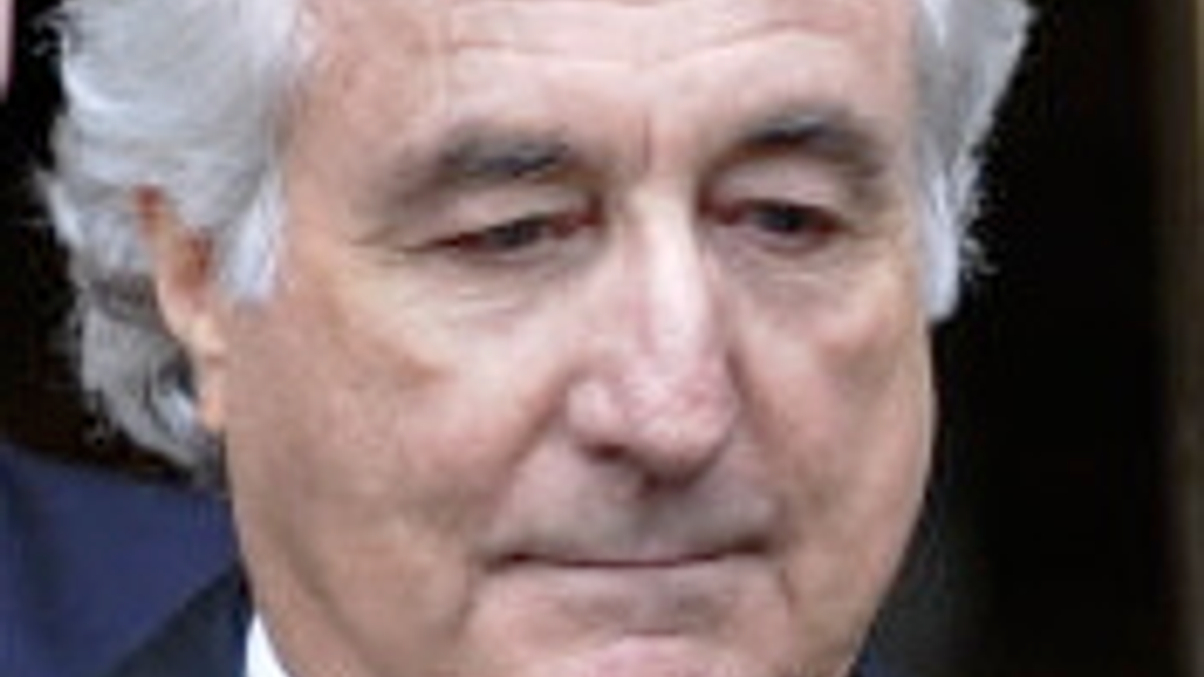Bernie Madoff haunts Korean institutional investors
The government is auditing the National Pension Service, as it examines every Korean institutional investor's international exposures for negligence or other shortcomings.

The Board of Audit and Inspection of Korea (BAI), a unit of the Blue House in Korea, is currently auditing the international asset exposures of the National Pension Service (NPS) and other institutional investors and financial groups.
Sign in to read on!
Registered users get 2 free articles in 30 days.
Subscribers have full unlimited access to AsianInvestor
Not signed up? New users get 2 free articles per month, plus a 7-day unlimited free trial.
¬ Haymarket Media Limited. All rights reserved.


